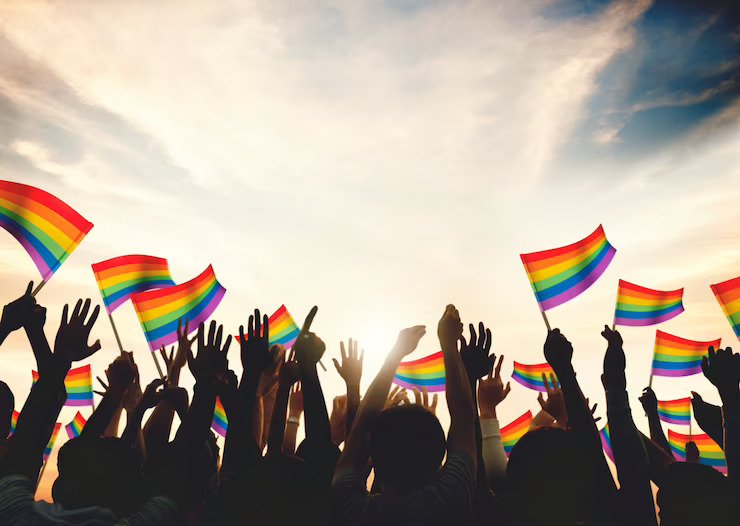Unveiling Injustice By Examining The Struggles Encountered By LGBTQI+ Communities
3 Mins Read
Published on: 01 July 2023
Last Updated on: 15 July 2024

toc impalement
Discrimination poses a significant barrier to the well-being and overall quality of life for LGBTQI+ individuals.
This article delves into the widespread issue of discrimination and explores its profound impact on the lives of LGBTQI+ communities. We aim to foster understanding and promote a more inclusive society by shedding light on this pressing matter.
The Prevalence of Discrimination:
Discrimination against LGBTQI+ people is an unfortunate reality in various aspects of life. From healthcare and employment to housing and public spaces, LGBTQI+ individuals face higher discrimination rates than their non-LGBTQI+ counterparts. This pervasive discrimination affects their economic, physical, and mental well-being, leading to adverse outcomes across multiple domains.
Intersectionality and Disparate Experiences:
The discrimination experienced by LGBTQI+ communities is not homogenous; it intersects with other forms of oppression, exacerbating disparities among different groups.
Transgender individuals, LGBTQI+ people of color, and those with disabilities face even higher rates of discrimination. The survey conducted in 2022 demonstrated that discrimination affects the lives of LGBTQI+ individuals from diverse backgrounds.
Challenges in Various Settings:
Discrimination infiltrates different settings where LGBTQI+ individuals interact. In public spaces, such as stores, restaurants, and public transportation, LGBTQI+ people are more likely to encounter discriminatory incidents.
Similarly, the workplace becomes a breeding ground for discrimination and harassment, with LGBTQI+ employees experiencing mistreatment, denial of promotions, or even termination based on their sexual orientation, gender identity, or intersex status.
Housing discrimination is another issue, as LGBTQI+ individuals face difficulties in accessing affordable and safe housing, encountering obstacles such as denial of rental applications or harassment from neighbors.
Consequences and Coping Mechanisms:
The effects of discrimination on LGBTQI+ individuals’ well-being are far-reaching. The 2022 survey revealed that more than one-third of LGBTQI+ adults reported facing some form of discrimination in the year prior.
To mitigate the impact of discrimination, LGBTQI+ individuals resort to various coping mechanisms, such as altering their behavior, hiding personal relationships, or changing their appearance. These adaptive strategies reflect the oppressive environment created by discrimination.
The Mental Health Toll:
Discrimination has a profound impact on the mental health of LGBTQI+ individuals. Recent debates regarding each state’s different laws restricting the rights of LGBTQI+ people have significantly affected the mental well-being of the community.
LGBTQI+ adults reported that these debates have left them less safe and negatively impacted their mental health. Additionally, negative experiences and mistreatment in interactions with mental health professionals further compound the challenges faced by LGBTQI+ individuals.
The Call for Intersectional Policies:
To address the disparities faced by LGBTQI+ communities, it is crucial to advocate for intersectional policies. These policies should encompass cultural competency, representation, and affordability in mental health care, employment, housing, and public spaces.
Promising legislative efforts provide a stepping stone, but further policy initiatives such as easy access to PrEP prescriptions online are necessary to foster mental well-being among LGBTQI+ youth and ensure equal opportunities for all.
Conclusion:
Discrimination against LGBTQI+ individuals remains a significant obstacle to their well-being and equality. Understanding the prevalence and impact of discrimination is essential in shaping evidence-based policies, advancing legal protections, and promoting the lived equality of LGBTQI+ people.
By fostering inclusivity and combating discrimination, we can build a society that respects and celebrates the diversity of sexual and gender identities.
Read Also:


















Comments Are Closed For This Article